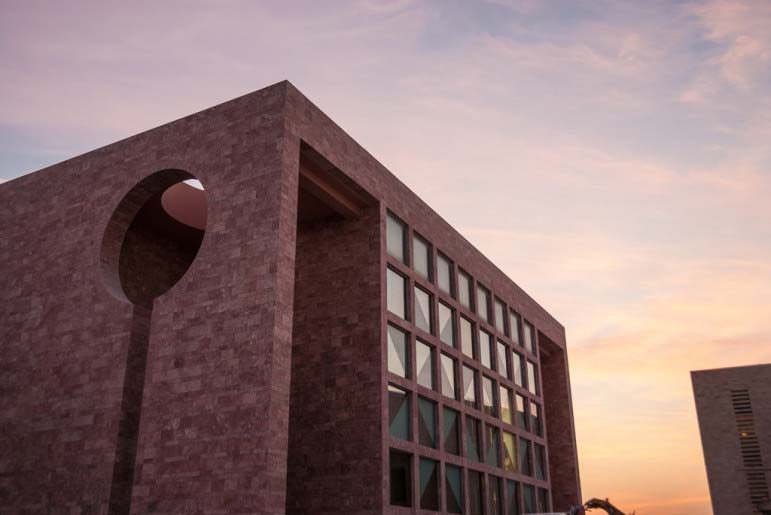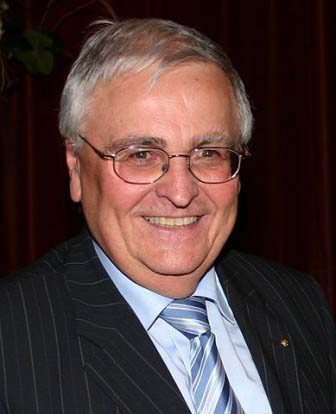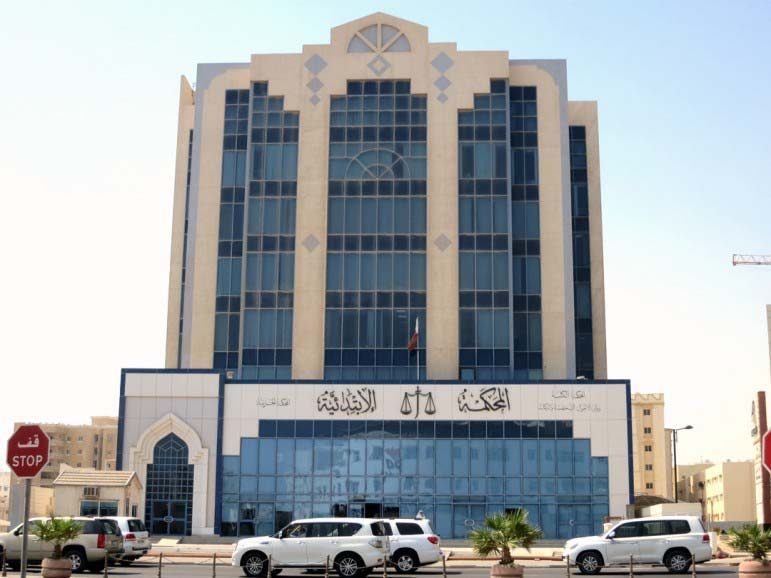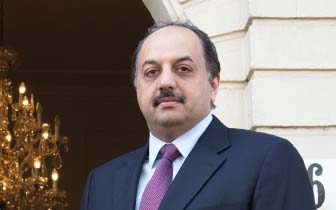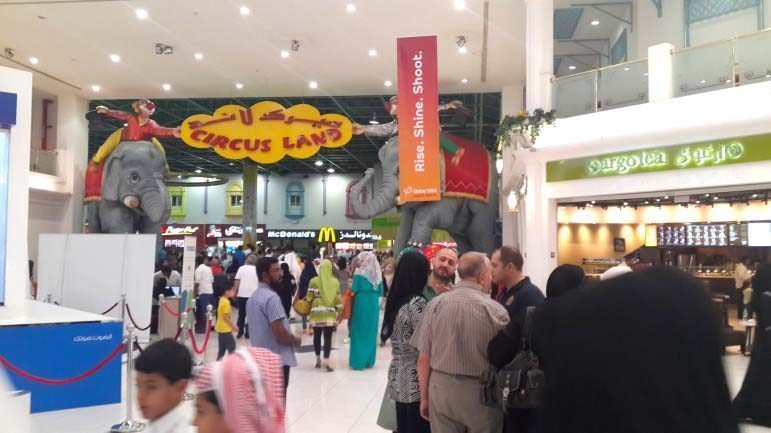![Destroyed buildings in Nepal]()
Qatar Red Crescent
Destroyed buildings in Nepal
People in Qatar who wish to assist victims of the devastating Nepal earthquake have been requested to contribute money to the relief effort instead of submitting clothes, shoes and other goods, the Nepal Embassy in Doha has said.
Donations can be transferred to a number of accounts under the Nepal Prime Minister’s Disaster Relief fund, or made through a number of established and reputable charities or aid agencies such as Qatar Red Crescent, which on Sunday announced its QR12 million fundraising appeal.
![Nepal Earthquake accounts]()
Embassy of Nepal, Qatar
Nepal Earthquake accounts
QRC is one of dozens of international aid agencies that has sent emergency relief to the country in the aftermath of Saturday’s earthquake, which has so far claimed more than 4,500 lives and injured 6,000.
However, the country’s worst earthquake in 80 years may have killed as many as 10,000 people, as more information comes in from remote villages, Nepal’s Prime Minister Sushil Koirala told Reuters yesterday.
An official at Nepal’s local mission told Doha News that donations of clothes, shoes and other household goods have not been identified as priority items in the immediate aftermath of the disaster, and has requested that residents do not collect these at the moment.
According to the embassy’s website, items identified as particularly in need for the rescue and relief operation include medicine, tents, dry food, water, blankets, water purifier, sanitation kits and mattresses.
However, such “in kind” collections must be pre-approved by the Coordination and Contact Team at the Tribhuvan International Airport in Kathmandu before being sent, the advice adds.
“We don’t want clothes. We are not collecting these right now. People can donate the priority items but they must get permission first. What we really need right now is money,” the official added.
Skilled medical personnel are also being sought to be part of volunteer rescue teams to aid with the ongoing recovery of victims.
Doctors specializing in orthopedics and neurology, surgeons, and nurses, health assistants and anesthetists are all needed.
The rescue team should be “small in size, sound and self-mobilizing,” with each member possessing a valid passport and having received pre-approval from the coordination and contact team in Kathmandu, the online statement adds.
Hotel collection
However, there are exceptions to the rule about avoiding in-kind donations. This week, the Grand Hyatt Doha hotel has set up an appeal after receiving a request from its sister property in Kathmandu following the earthquake.
It is requesting donations – particularly clean, folded clothing, tarpaulin and hygiene items – to be delivered to the hotel concierge between 9am and 5pm daily. It cannot accept cash donations.
The items will be delivered to its sister hotel in Nepal’s capital, which has opened its doors to those left homeless since the earthquake struck, spokeswoman Noha Belhaj told Doha News. She added:
“We have teams traveling between Doha and Kathmandu and they will personally take these goods. When the earthquake happened we sent a team of staff with 11 boxes of medical supplies.
Our Kathmandu hotel was one of the few buildings in the area thankfully not affected by the earthquake. It is now home to hundreds of people who are staying there.”
Nepalis in Qatar
Qatar is home to around 400,000 Nepalis, accounting for the second-largest expat community here.
Nepal’s embassy here has been helping to secure exit visas for those of its nationals who wanted to go back to check on family and homes. Embassy workers have also helped those struggling to get clearance and permission to return from their employers, Reuters reports.
Meanwhile, Al Jazeera English spoke to Nepalis outside the Embassy in Doha who were desperately trying to contact their friends and families who have been affected.
The non-governmental organization Human Rights Watch has appealed to employers of Nepalis in Qatar and in the wider Gulf to allow their staff a day off each week and to have access to a phone and the internet as they try to make contact with loved ones back home.
“This is no time to look the other way. Nepalis have helped to build the glittering towers of the Gulf countries and care for countless families abroad. Now is the time to show them some appreciation and enable them to help their families rebuild their lives and homes,” HRW’s Rothna Begum said in a statement.
Donation issues
Since the disaster struck, online forums in Qatar have been full of requests on how to help, and where to send donations of clothes, shoes, blankets, medicines and other goods.
However, while well-intentioned, “in kind” collections often cause significant logistic issues when it comes to transporting the goods to the country in need. It also takes time to sort, store and distribute the items.
In a statement to Doha News, QRC explained some of the potential problems agencies face in processing such donations:
“In-kind donations are considered a manifestation of humanitarian solidarity with the affected population. However, they might hinder humanitarian workers who find themselves with huge amounts of items that they have to distribute although they are not a priority at an early stage of a catastrophe. Sometimes these donations might contradict with local culture or might be of low quality that does not comply with national and international standards of donor organizations.
![Photo for illustrative purposes only.]()
Peter Dutton/Flickr
Photo for illustrative purposes only.
The charity continued:
“The huge flow of in-kind donations leaves airports under enormous pressure, which hinders in turn the arrival of emergency assistance. Sometimes priority goes for medical teams, field hospitals or water and sanitation systems which is the case right now in Nepal. Therefore, assistance should be prioritized or unwanted items will block the flow of basic ones.”
QRC said that it can often be cheaper and easier to procure goods and items in the country affected or in neighboring countries, rather than flying them in, which requires customs clearance and other procedures.
Goods bought on the ground can also be purchased in a more organized way and are based on people’s needs.
American organization USAID CIDI (Center for International Disaster Information) gives similar general advice for making donations to disaster funds on its website under “Guidelines for Giving,” saying: “Monetary contributions to established relief agencies are always the best way to help.”
Relief
With the number of dead and injured rising, priority on the ground is for medical supplies such as field hospitals, water and sanitation systems and shelters, QRC said.
The charity said its first two plane-loads of aid and a relief team of 20 experts and volunteers arrived in Kathmandu earlier today and are starting to set up their temporary hospitals and distribute emergency supplies.
![Field hospital]()
Qatar Red Crescent
Field hospital
Its field hospital, comprising tents, medical and non-medical equipment, is operated by up to eight medics and local volunteers.
QRC said the hospital is self-sufficient, provides up to 40 beds and will offer a full range of medical services to more than 30,000 people for up to 100 days without resorting to any external supplies.
QRC’s relief fund aims to provide assistance to nearly 400,000 people in more than 90,000 families affected by the earthquake, the charity said in a statement.
Thoughts?
(The post Qatar residents urged to donate money, not goods, to Nepal victims is from Doha News.)
![]()
